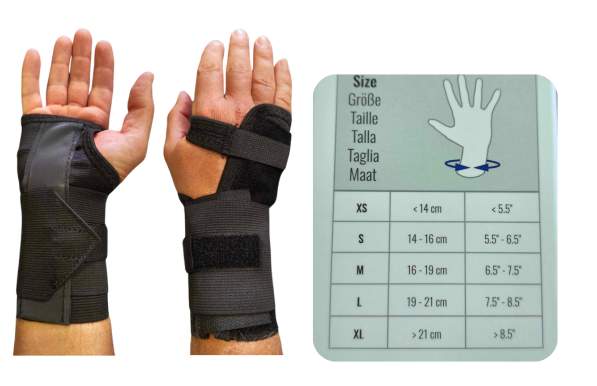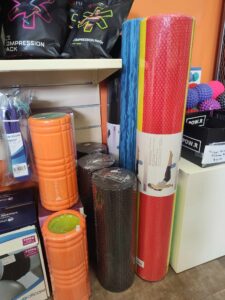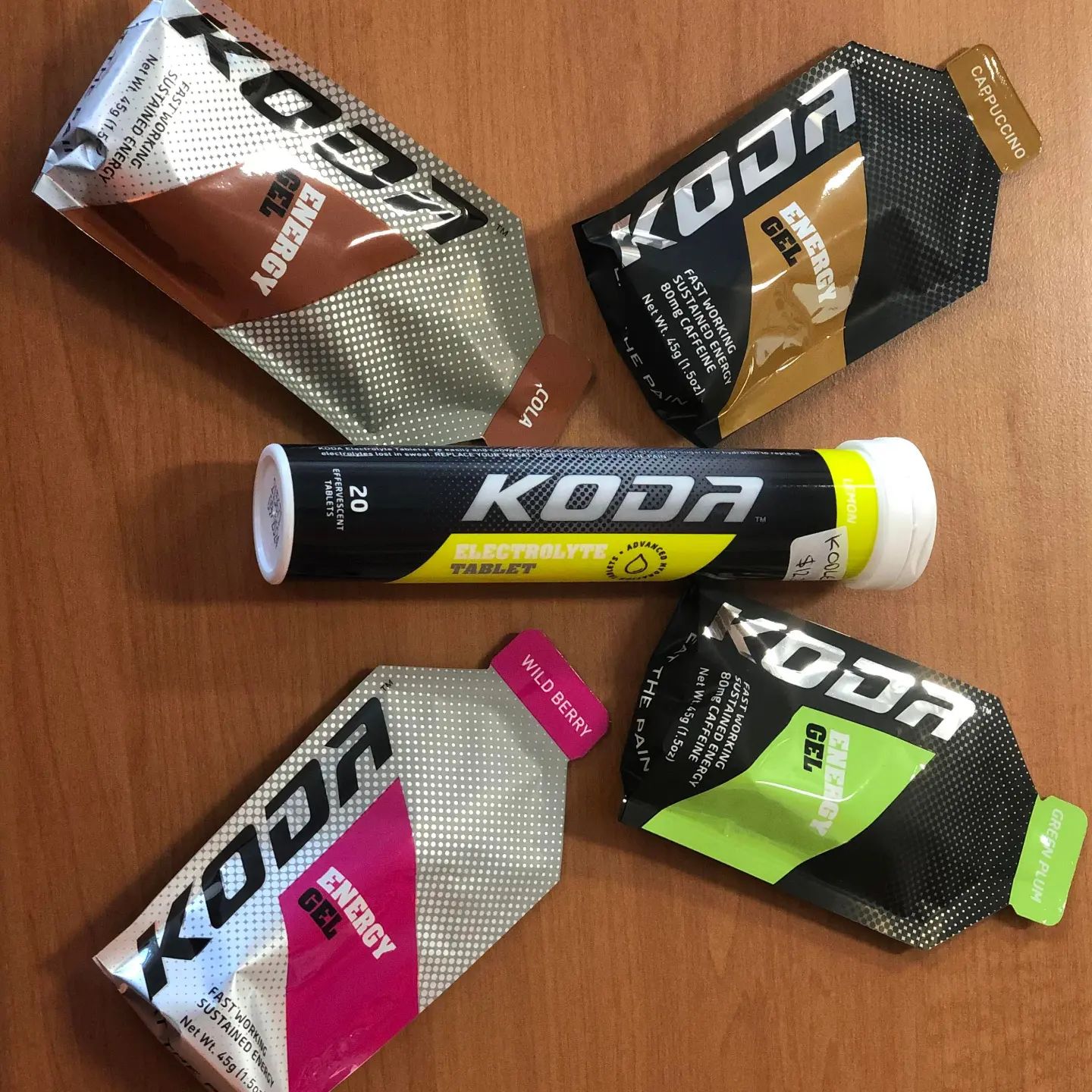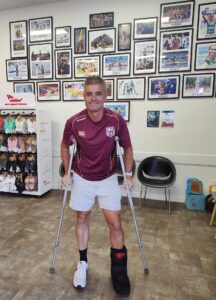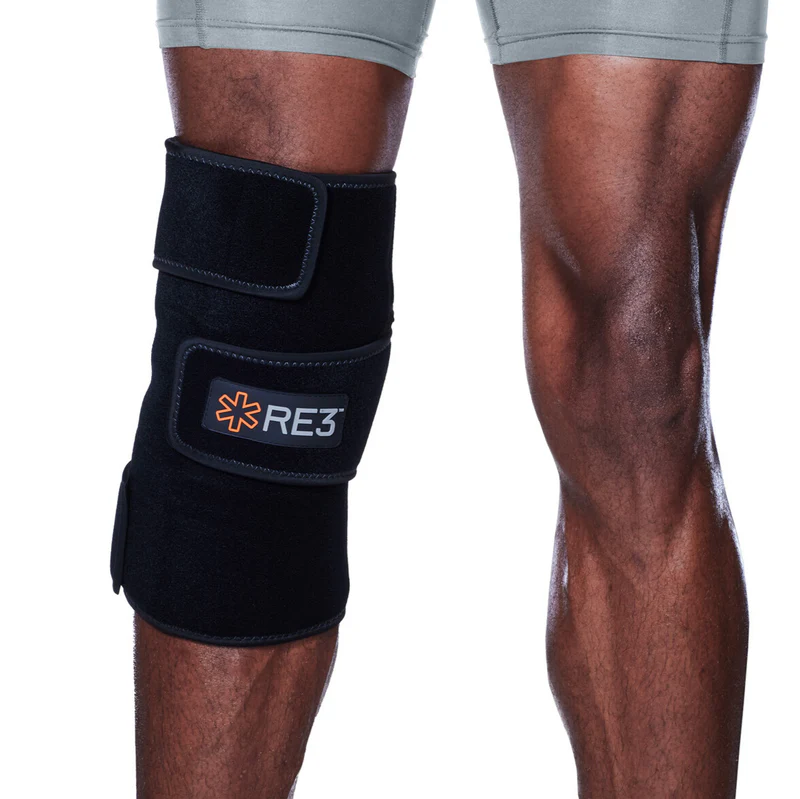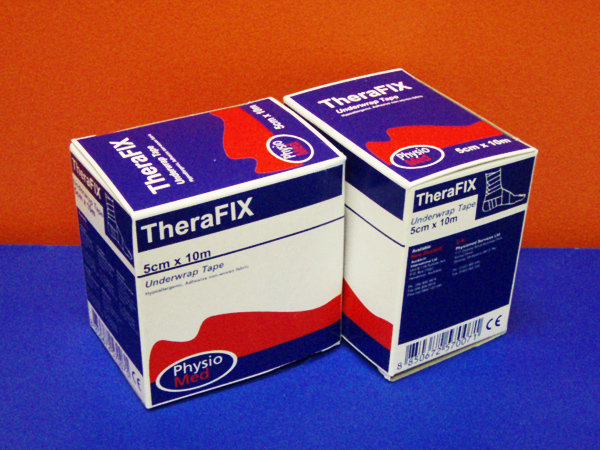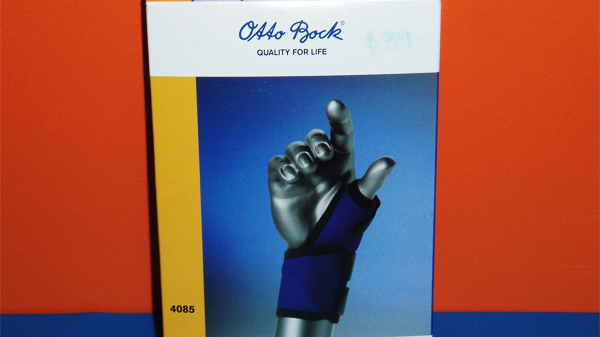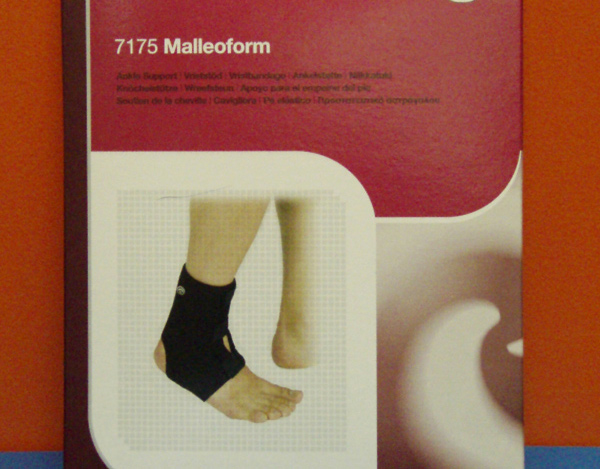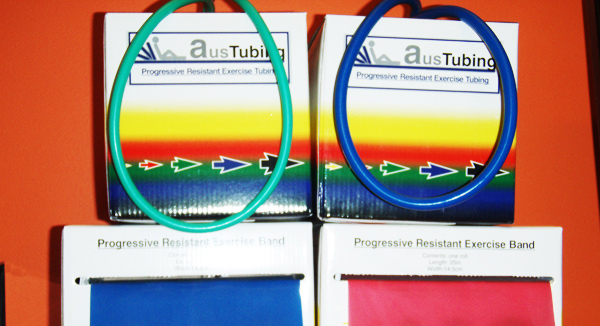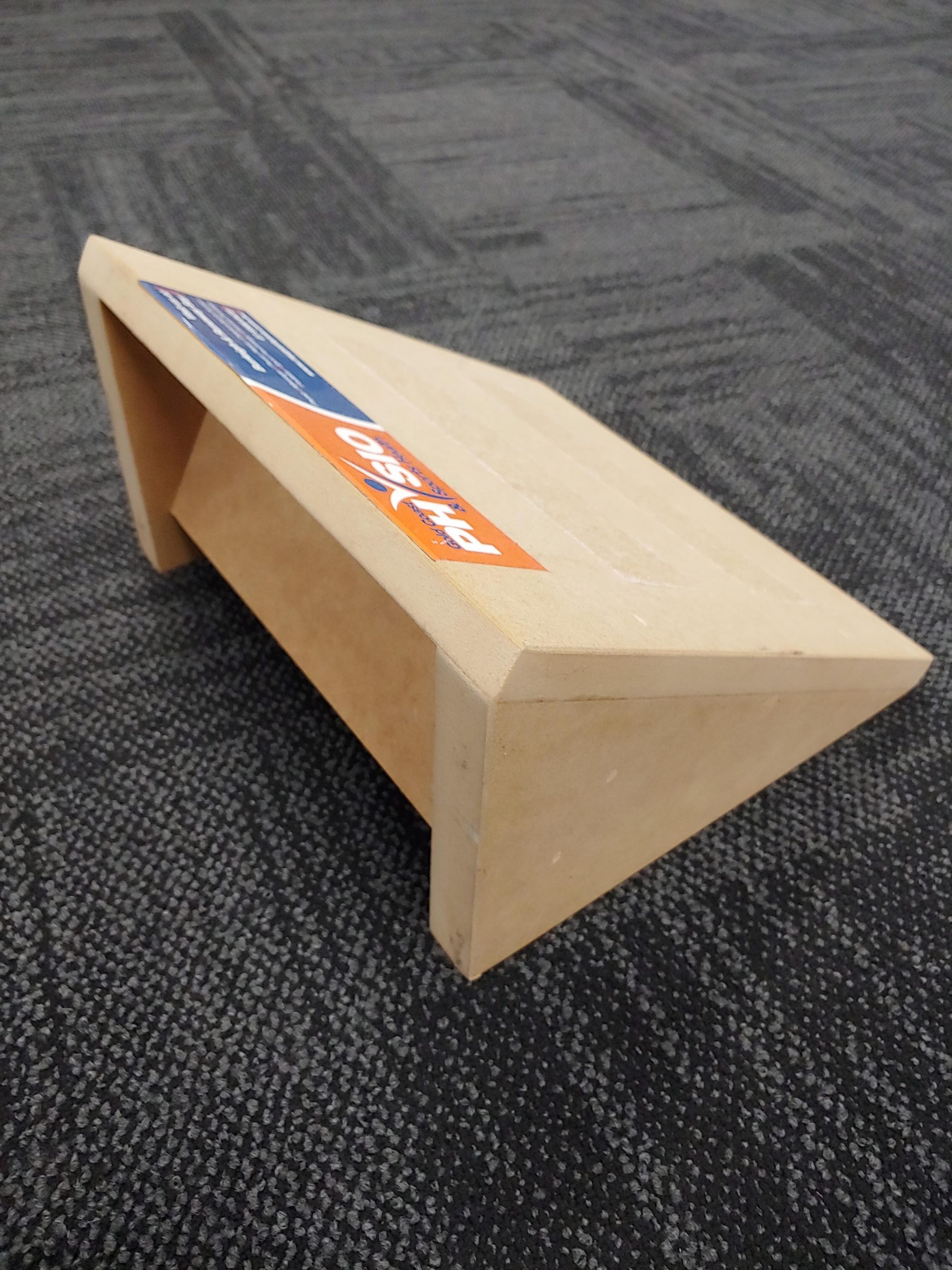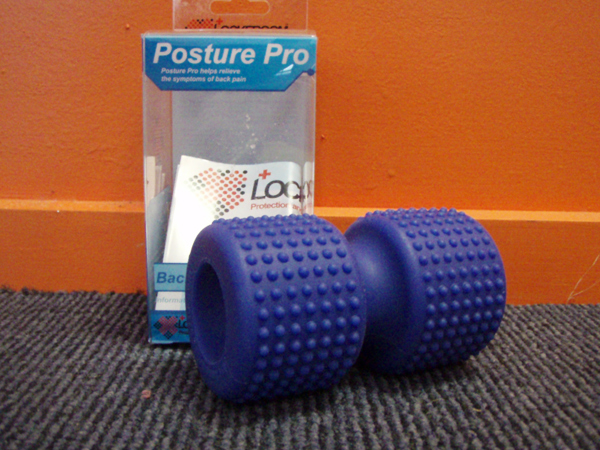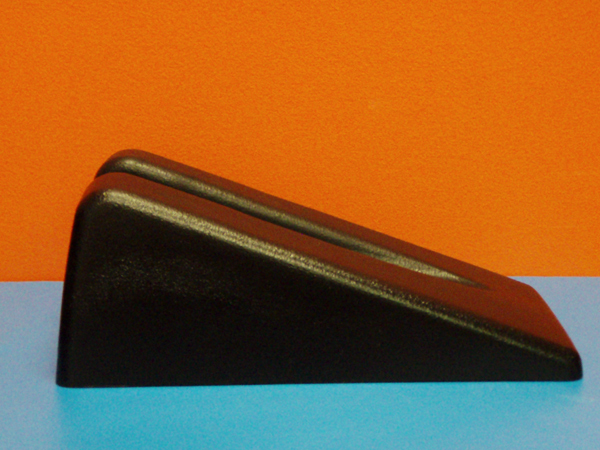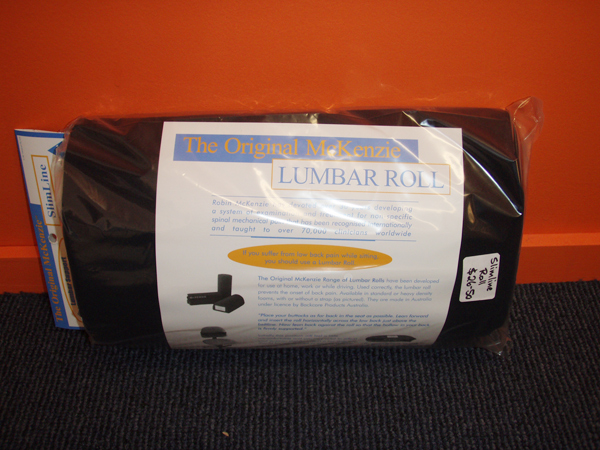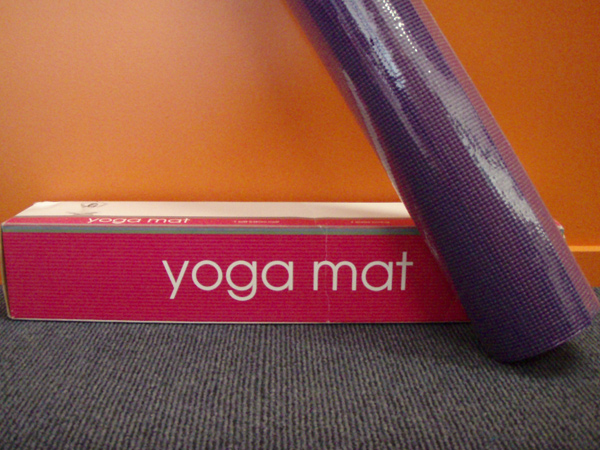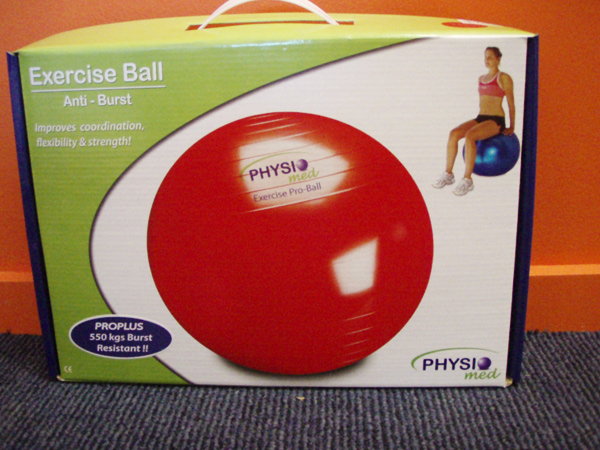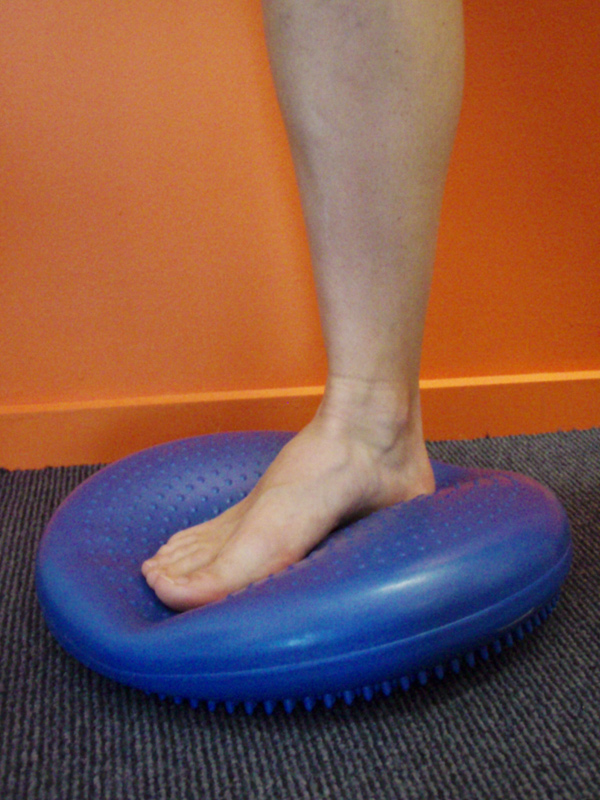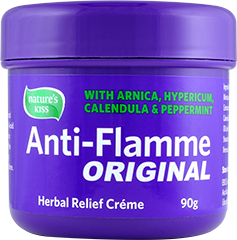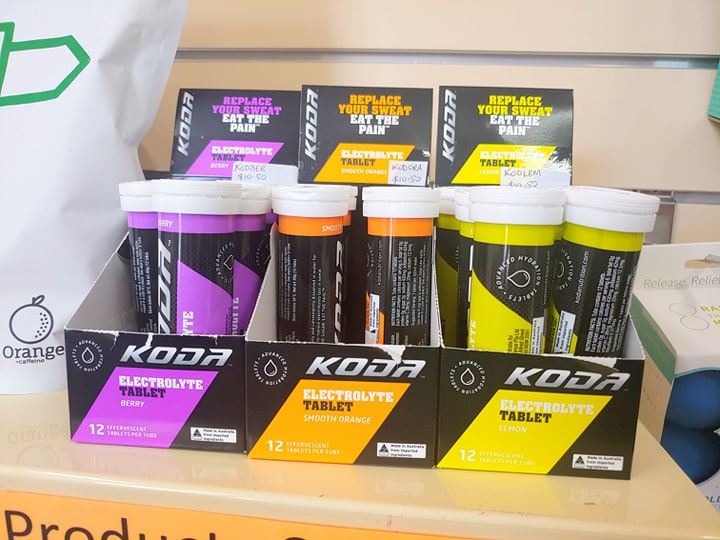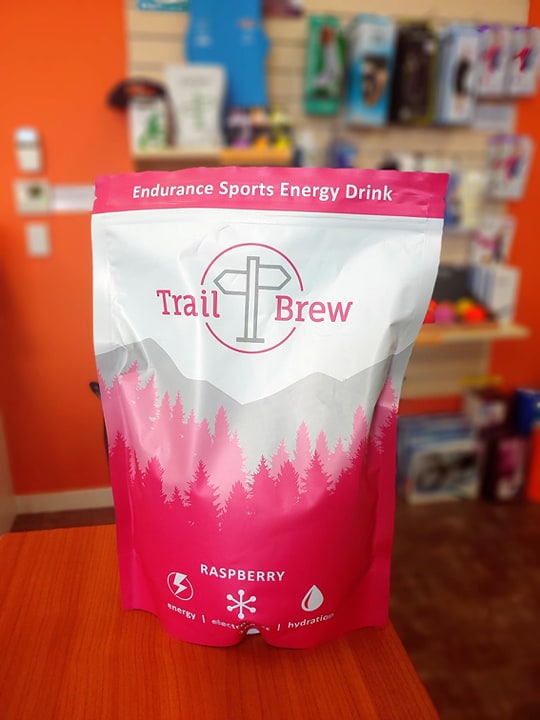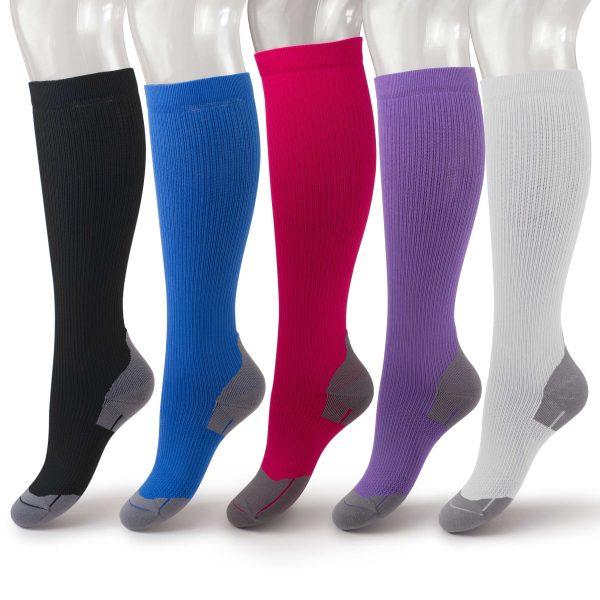By Sports & Exercise Physio, ex-AFL Lead Physio, Mark Homewood
We all know the benefits of keeping muscles strong as the body ages. Being strong ensures that we keep a high-quality of living into our twilight years. Research from the UK has also highlighted the pay-it-forward benefits of a lifetime of regular exercise in slowing down the ageing process, helping to keep the body young and healthy.
A study from the University of Birmingham in 2018 assessed the health of older adults who had maintained exercise for most of their adult lives to determine if there were benefits in slowing down the effects of ageing. The study compared 125 amateur cyclists aged 55 to 79 (84 males, 41 females). Males included in the study had to be able cycle 100km in under 6.5 hours. Women had to be able to cycle 60km in 5.5 hours. The lifetime-of-exercise group were compared to a group of adults who do not partake in regular physical activity, consisting of 75 healthy people aged 57 to 80 and 55 healthy young adults aged 20 to 36.
Results?
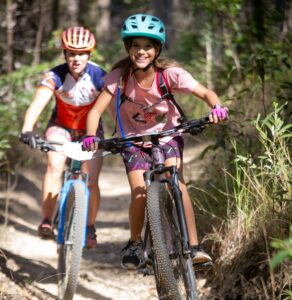 Regular exercise:
Regular exercise:
- prevented a loss of muscle mass and strength in the cycling group.
- The cyclists did not increase their body fat or cholesterol levels as they aged, and
- The male cyclists maintained high testosterone levels. This did not occur in the sedentary group.
- Exercise also seemed to blunt the effects of ageing on the immune system with the ageing cyclists having similar levels of thymus activity (the organ that makes important immune cells called T cells that help us to fight germs and protect us from disease) to those of a young person and much more youthful immune systems than the sedentary people.
More recently research published in BMC Musculoskeletal Disorders has further observed that physical activity and a healthy lifestyle delay and reduce the effects of sarcopenia (loss of muscle with ageing or immobility).
Well-trained midlife recreational cyclists had lower levels of fat infiltration and greater muscle mass in the two main gluteal muscles (the gluteus maximus and gluteus medius) when compared to physically inactive individuals of the same age. This suggests that cycling can help to preserve muscle health in middle-aged men. These novel findings support the hypothesis that lifelong aerobic exercise can slow the loss of muscle mass and function in a similar fashion to the established benefits of resistance training in older age groups.
The findings from these studies support the teachings of Hippocrates in 400BC that exercise is indeed man’s best medicine.
By committing to regular exercise throughout our lifetime we have a powerful remedy to ensure that we live both longer and healthier lives.
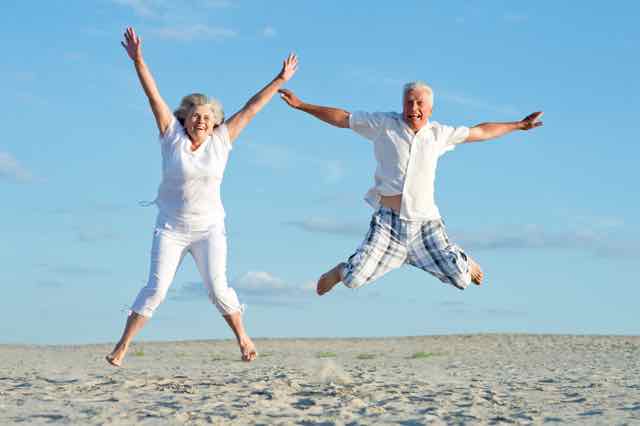 Much like compounding interest, regular deposits of exercise now will allow you to reap the rewards in later life by enjoying an independent and productive old age.
Much like compounding interest, regular deposits of exercise now will allow you to reap the rewards in later life by enjoying an independent and productive old age.
It is important that we all find an exercise that we enjoy in whatever environment that suits us and make a daily habit out of physical activity.
As physiotherapists specializing in sports, exercise, and healthy lifestyles, we can work with you to find appropriate exercise no matter what your starting point. The key point is to start and then keep it going!
Duggal et al (2018). ‘Major features of Immunesenescence, including Thymic atrophy, are ameliorated by high levels of physical activity in adulthood.’
Belzunce et al (2023) ‘Mid-life cyclists preserve muscle mass and composition: a 3D MRI study.’

